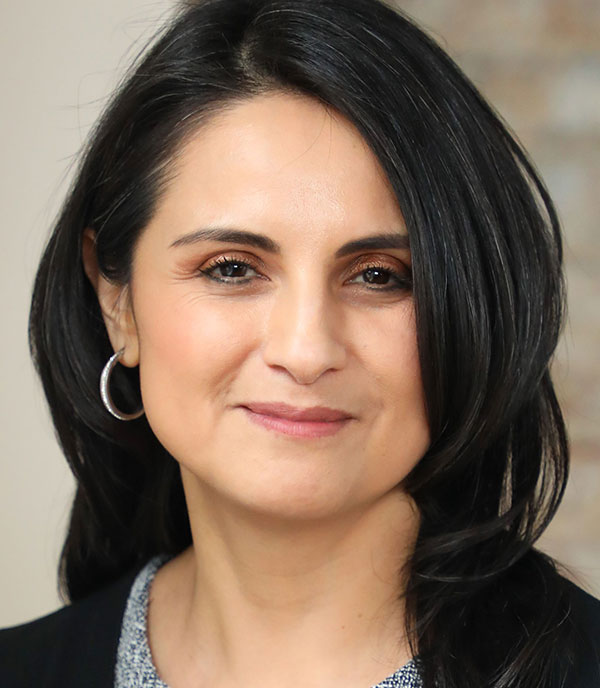Helping Undocumented Youth Access Resources
Helping Undocumented Youth Access Resources

Assistant Professor Daysi Ximena Diaz-Strong has received funding from the Russell Sage Foundation and the Bill and Melinda Gates Foundation to examine how high school staff in the Chicagoland area learn about financial aid resources for undocumented students, how they provide information to students, and the challenges school staff face in supporting undocumented students. The study will also examine gaps in the availability of scholarships and institutional aid for undocumented students.
In her prior research on the college experiences of undocumented youth, Diaz-Strong found that lack of financial aid for college was the main barrier cited by these youth, and that this was especially the case for undocumented youth who arrived in the U.S. as teenagers. “The youth I’ve interviewed report school staff seem to want to help, but are sometimes unable to locate resources for them,” she says. “I wanted to find why that is, and what can be done to help.”
Diaz-Strong is finding high school staff must navigate layers of policies and practices, including those at the school level, the local level, and the state and federal levels. “The schools are embedded in a particular local context and this shapes staff’s ability to locate and share resources with undocumented students. What I’m seeing is that some schools have a more robust structure in place for sharing resources with students,” she says. “Whereas in many schools that structure isn’t there, so high school staff are themselves tasked with understanding the implications of students’ immigration status, knowing what scholarships exist, and how eligibility is impacted by documentation status. It’s a lot for an individual staff person to handle along with their large caseloads and many other responsibilities.”
She says the study will help school staff and administrators formalize processes for finding and communicating financial aid resources to undocumented youth, who are not eligible for federal financial aid and must rely on a maze of private and institutional scholarships. “Undocumented students are often reliant on school staff to locate resources, as scholarship information does not reside in once place. When school staff struggle locating resources, this ultimately harms undocumented students,” Diaz-Strong says. “Financial aid for higher education is such an important pathway to security and opportunity, and too many undocumented youth are being shut out of that.”